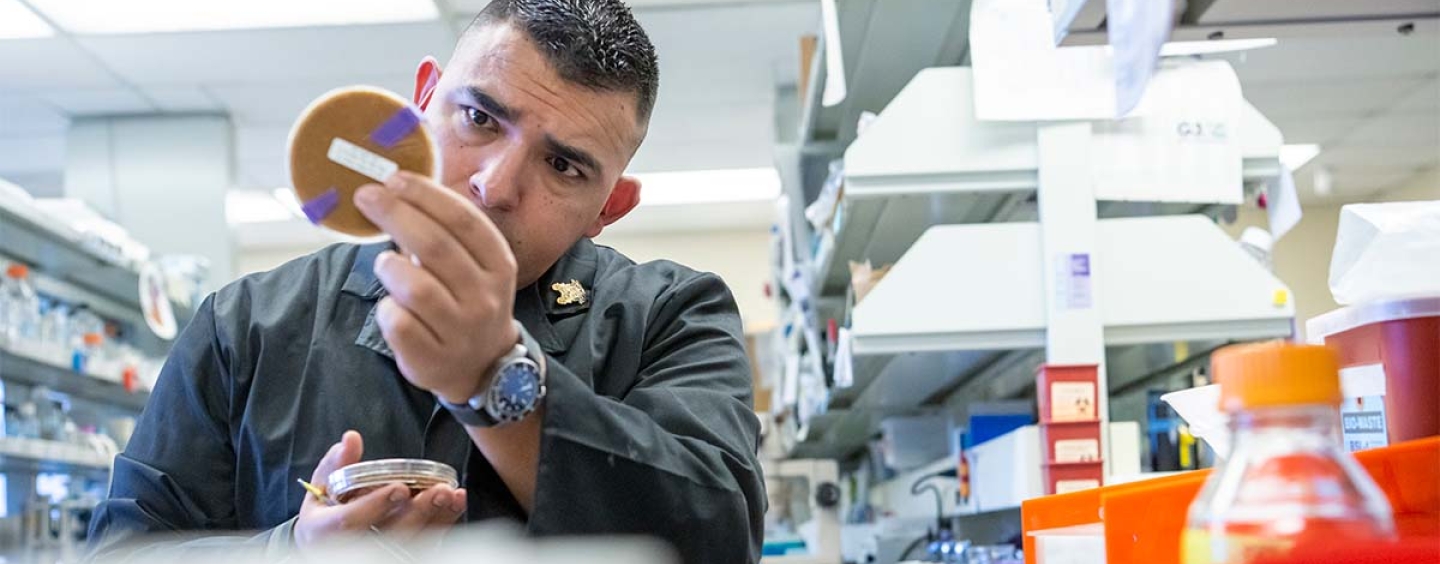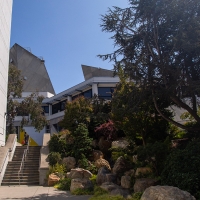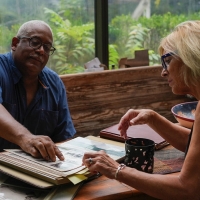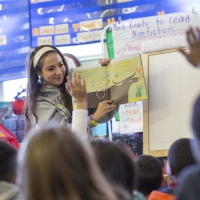SFSU builds new pipeline for renewable energy microbiologists

The University will collaborate with other universities and two national labs to train students for the renewable energy workforce
Viruses have a bad reputation and for good reason. Despite their connection to disease, some viruses can be used for good. San Francisco State University Assistant Professor Archana Anand wants to address the knowledge gap about phages — viruses that infect bacteria — and their potential renewable energy applications, such as helping develop biofuels and mitigating methane emissions.
To achieve this goal, the Department of Energy (DOE) awarded Anand a $2.2 million grant for a new Phage Pathways program. By collaborating with national labs and other universities, the three-year program is poised to strengthen the pipeline for renewable energy microbiologists.
“The aim of this grant is to cultivate a new generation of microbiologists. But they will not be focused entirely on traditional microbiology but will focus on the intersection of microbial ecology and renewable energy,” said Anand. “I don’t think the academic needs have met the job needs in the renewable energy-microbiology ecology space.”
At the core of this program is SFSU’s partnership with Lawerence Berkeley National Laboratory (LBNL) and Sandia National Laboratories (SNL) — two major DOE-funded institutions — and San Diego State University (SDSU), UC Davis and Skyline Community College. Together, they will update curricula in microbiology courses at the different universities, create new student research opportunities at each institution and provide students with cross-institutional mentorship for research, leadership and career development. Students will receive financial support for their participation.
“This program could be impactful for students’ careers going forward,” said Anand of this DOE grant and the importance of collaborating with the national labs. She notes that there’s been an increase in these labs collaborating with institutions like SFSU. “Hopefully, the students will be really into this program and will come back to find a job in a similar setting.”
A major part of Phages Pathways is to introduce more students into renewable energy and microbiology workforces. Each year, the Phage Pathways will recruit 20 undergraduate and graduate students from SFSU, SDSU, UC Davis and Skyline College. This annual cohort will include 10 SF State students (five third- and fourth-year undergraduates and five graduate students). Skyline students will participate in SFSU offerings. SFSU’s program will also complement Skyline’s SEA-PHAGES, a similar program restricted to first- and second-year undergrads. Anand explains that many of these students drop out of this workforce pipeline because they lack relevant training opportunities during their latter undergraduate years.
“If they drop that continued exposure to this topic, then students do not have an interest in this and they do not develop the necessary skillsets,” Anand explained. “What we’re saying is that the [Skyline] students can feed into SFSU’s program.”
During the school year, students will attend the updated microbiology courses at their home university and participate in research at SFSU, SDSU or UC Davis. They will also attend a three-day symposium at UC Davis with student presentations, workshops and keynote lectures.
In the summer, all participants will attend two multi-day research workshops created by SFSU and LBNL researchers. One weeklong bootcamp will teach students fundamental phage research techniques for phage discovery, such as phage isolation and characterization. The second workshop will teach students how to analyze and annotate phage genomics data. Each year, two students will be selected to attend an additional 10-week intensive research internship at SNL that focuses on wet lab and computational skills crucial for bioenergy applications. Throughout the year, the program will also offer various professional development activities that will be open to the Phage Pathways cohorts and students outside of the program.
“To drive these breakthrough discoveries and move science forward, we should enable undergraduate and graduate students at all universities — not just at R1 institutions — but for everyone to engage in high impact research,” Anand said. “You never know who the next Einstein is going to be.”
Learn more about SF State’s Department of Biology and apply for Phage Pathways online.
Tags



